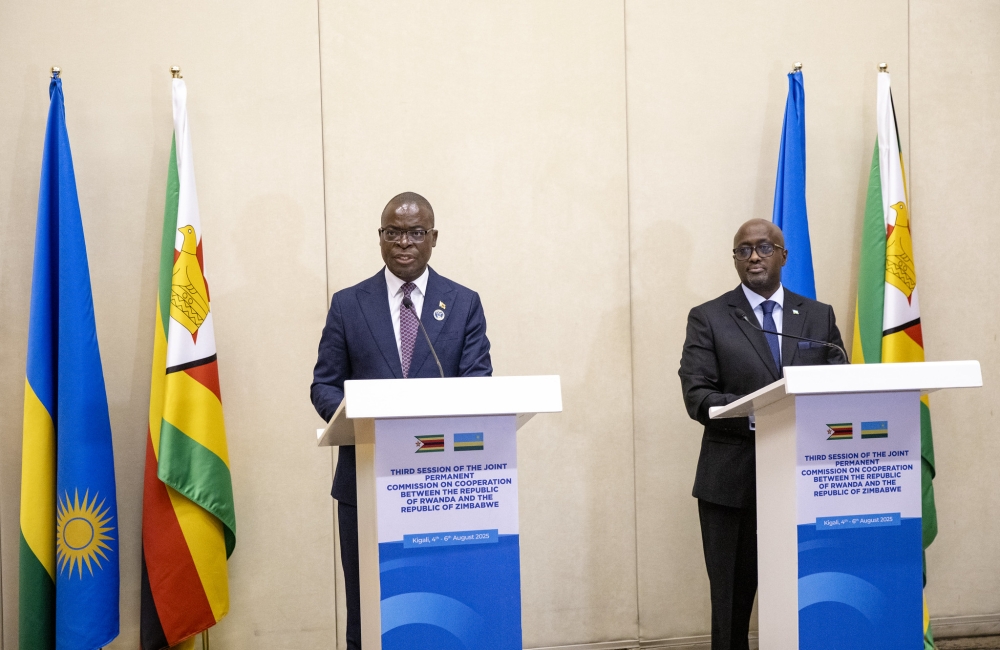The recent move to reorganise the city public transport system is a welcome relief to thousands who commute daily. As the city’s population grows, so is the need for a reliable and efficient system to fight the current nightmare, especially during rush hour, when city streets are clogged with traffic. Some public transport operators have been known to avoid some neighbourhoods at certain hours for fear of burning too much fuel in crawling traffic leaving many commuters stranded.

The recent move to reorganise the city public transport system is a welcome relief to thousands who commute daily.
As the city’s population grows, so is the need for a reliable and efficient system to fight the current nightmare, especially during rush hour, when city streets are clogged with traffic.
Some public transport operators have been known to avoid some neighbourhoods at certain hours for fear of burning too much fuel in crawling traffic leaving many commuters stranded.
The Rwanda Utilities Regulatory Agency (RURA) has not been sitting idle; it has been scratching its head, trying to find a lasting solution to an industry that for years has caused a headache to city authorities. The failure of the state-run public transport agency, ONATRACOM, has not made things easier, leaving the private sector to shoulder the responsibilities.
The city routes have now been divided among three major players, but even they will need a shot in the arm from the government because the sector needs heavy investments.
The mere fact that the government’s involvement in city transport has waned over the years should not be reason for it to be pushed out for good. While ONATRACOM might find it difficult to compete in the cutthroat business, it can chart a new course by inviting private capital.
While it might be too early to expect a fundamental change in the way the public transport system has been running, the most important thing is that something is being done about it.






